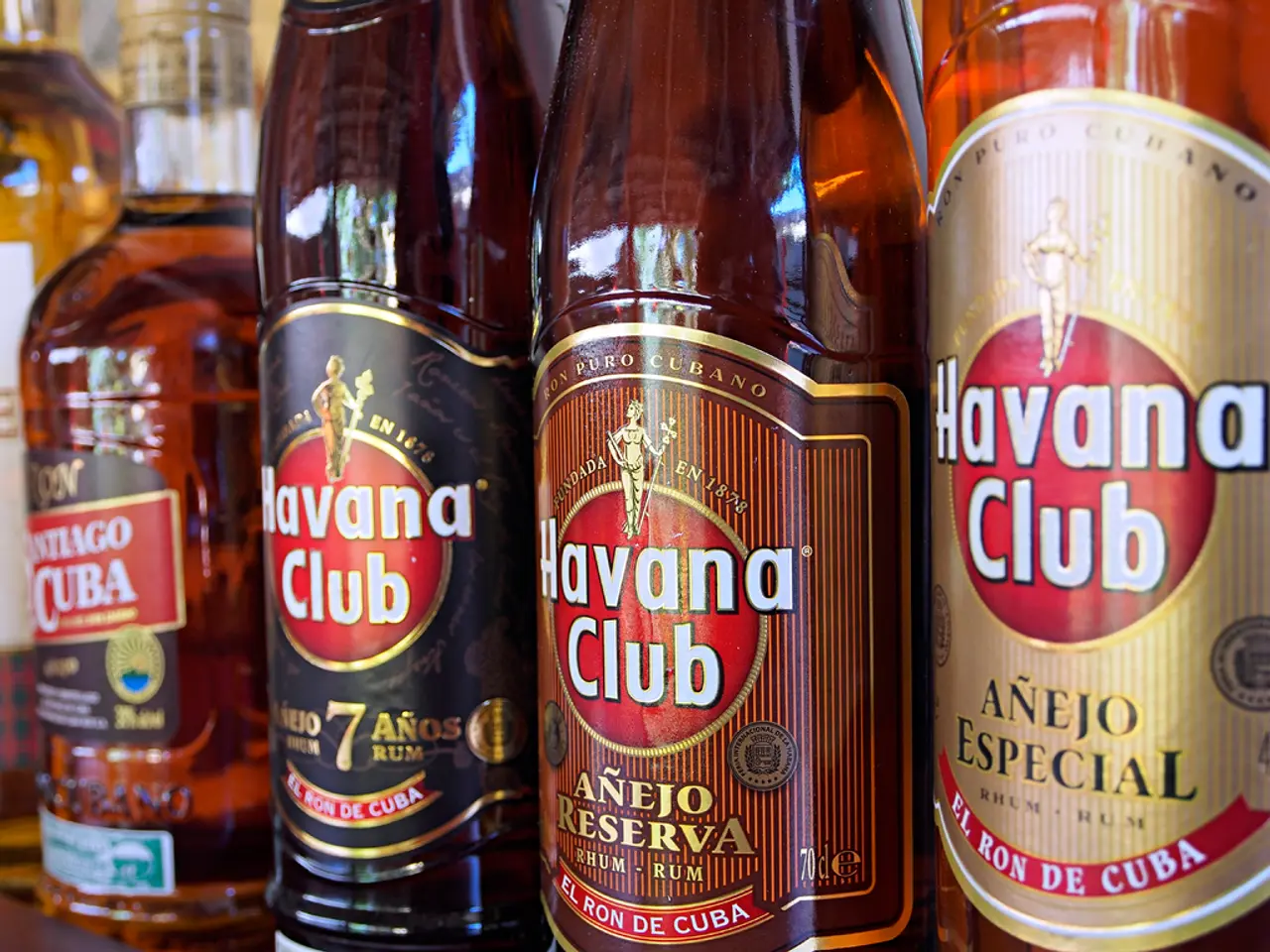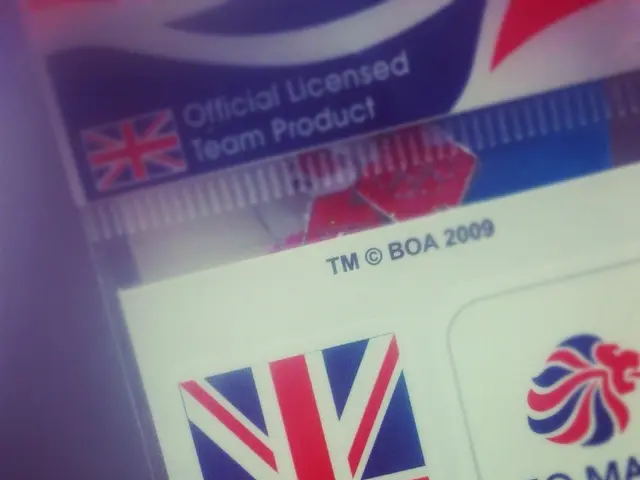Global health agencies, specifically the World Health Organization (WHO), have accused major food, tobacco, and alcohol corporations of obstructing key health policies deemed potentially life-saving.
World Health Organization Accuses Industries of Intense Lobbying Against Health Policies
In a bold move, the World Health Organization (WHO) has accused tobacco, alcohol, and ultra-processed food companies of "intense lobbying" to prevent countries from implementing health policies. This statement was made days ahead of a high-level meeting at the United Nations General Assembly focusing on chronic diseases like heart disease, diabetes, cancer, and asthma.
The WHO's proposals for tax hikes on tobacco, alcohol, and sugary drinks have not been specifically addressed by the tobacco, alcohol, or ultra-processed food industries. The organization estimates that these tax hikes could prevent 50 million premature deaths over the next half-century and generate $1 trillion (€854.4 billion) in public funding over the next decade.
However, the industries have remained silent on the matter, with no response or reaction mentioned in the WHO's statement. The WHO did not provide specific examples of the lobbying efforts by the named industries, nor did it mention any specific countries or governments targeted by the lobbying activities.
Dr. Etienne Krug, director of the WHO's department of health determinants, promotion, and prevention, said it is unacceptable that commercial interests are profiting from increasing deaths and disease. He urged governments to put people before profits and ensure evidence-based policy is not derailed by corporate pressure.
Industry groups, including those representing soft drinks manufacturers, have repeatedly rejected health officials' calls for higher taxes on their products. UNESDA Soft Drinks Europe, which represents soft drinks manufacturers, has pushed back against the WHO's policy guidance on food taxes. The statement from UNESDA Soft Drinks Europe was made after the WHO issued policy guidance on food taxes earlier this month.
However, UNESDA's director general, Nicholas Hodac, stated that it is crucial to understand overall dietary behaviours and lifestyles and analyze food consumption patterns in Europe, rather than targeting one specific food category. He did not provide specific examples of how taxes are insufficient to boost health outcomes in Europe.
The obesity rates are continuing to rise in countries that have implemented taxes on sugary drinks, such as the United Kingdom, according to UNESDA Soft Drinks Europe. This contradicts the WHO's assertion that tax hikes could improve public health.
The statement from UNESDA Soft Drinks Europe did not specify the exact nature of the "life-saving" health reforms that are being blocked, weakened, or delayed. Krug urged governments to stand firm against corporate pressure and prioritize the health of their citizens.
As the high-level meeting at the United Nations General Assembly approaches, the WHO's accusations against the tobacco, alcohol, and ultra-processed food industries have added a new dimension to the ongoing debate on public health policies. The industries' responses, if any, will likely shape the discussions and decisions made at the meeting.
Read also:
- Countries initiate fresh efforts to outlaw cigarette usage in motor vehicles
- Prime Minister Modi advocates purchasing domestic products on his birthday, celebrating 'Swadesi' goods, with additional appreciation for Operation Sindoor.
- Minister Hendrik Johannes Terras, holding the position of Estonia's Regional Development and Agriculture Minister, shared an intriguing comment
- Harsh Treatment Under Hamas Custody: Report Documents Starvation, Sexual Abuse, and Physical Violence







